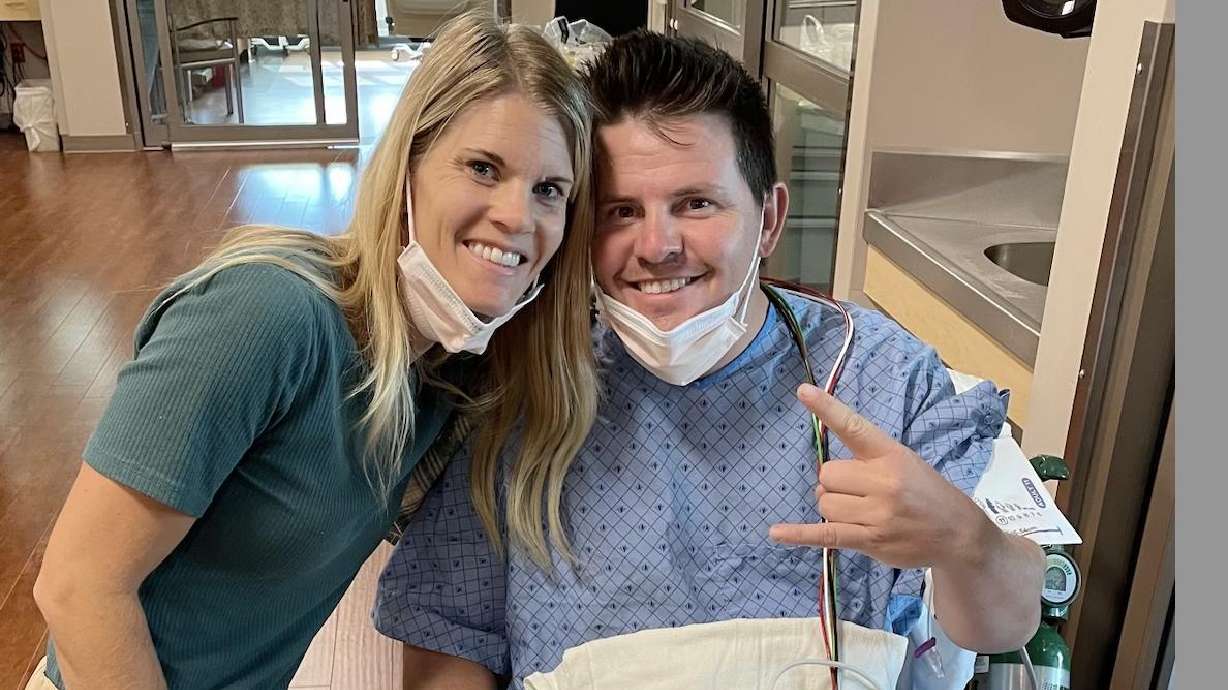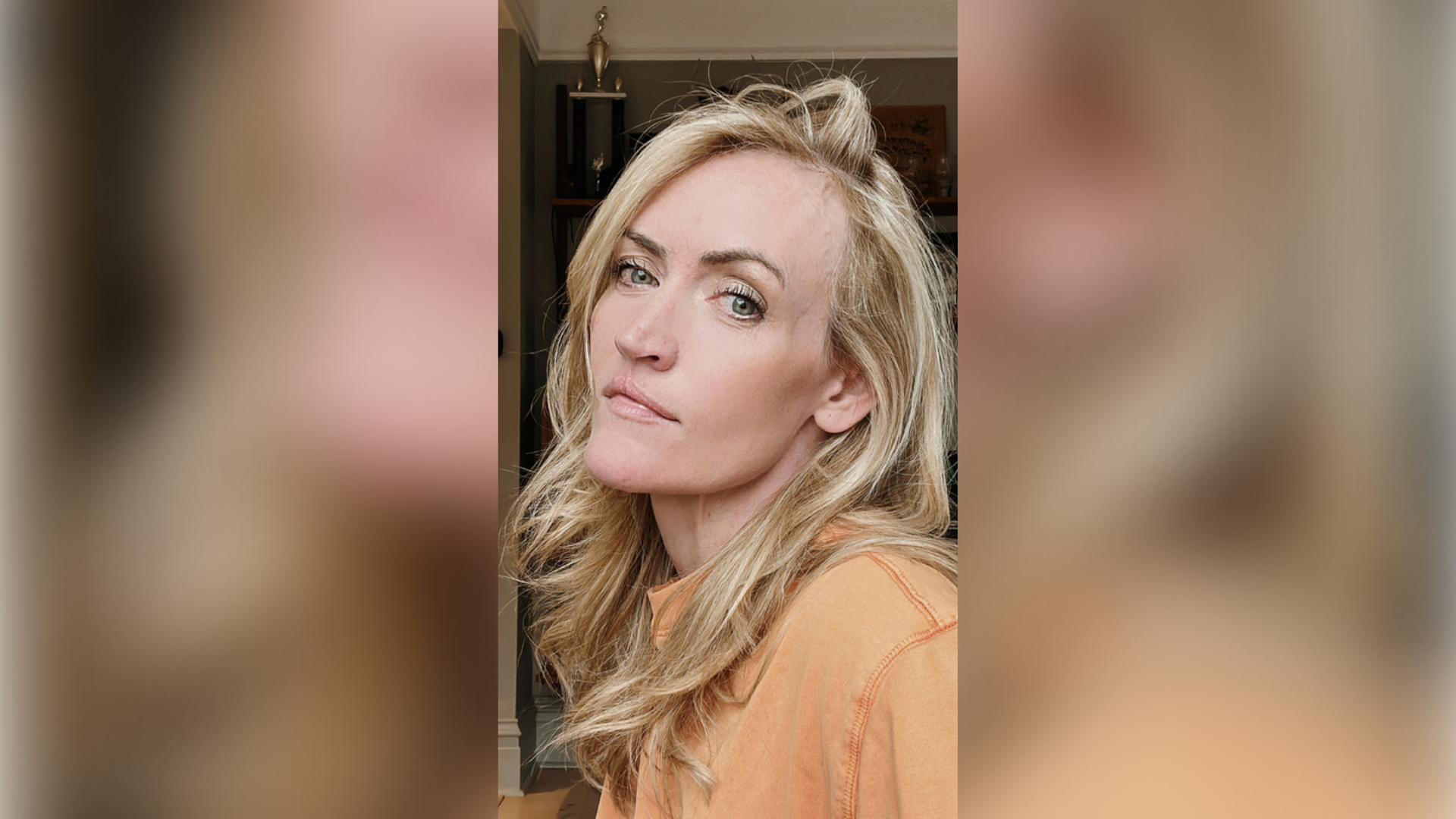HEALTH
Fish oil doesn’t seem to prevent heart problems, studies find
Nov 15, 2020, 3:08 PM

A couple of new studies discussed at the American Heart Association Scientific Sessions find fish oil suppplements may not help with heart health. Photo Credit: Halfpoint / iStockphoto / Getty Images
(CNN) — You may want to forget the fish oil supplements if you are hoping to prevent heart problems.
For years, the American Heart Association has recommended eating two servings of fish a week. In 2017, the group also suggested supplements may slightly lower the risk of dying after heart failure or a recent heart attack, but also said the supplements don’t prevent heart disease.
A lot of people take fish oil supplements, but a couple of new studies discussed at the American Heart Association Scientific Sessions this weekend find the supplement doesn’t really help with heart health.
RELATED: Researchers find “clear link” between COVID-19 and heart disease
The first study, the longest and largest randomized trial of its kind, looked at whether an omega-3 fatty acid supplement and/or a vitamin D supplement provided any benefit in preventing atrial fibrillation.
Atrial fibrillation is a potentially serious heart rhythm disturbance that impacts more than 33 million people worldwide. The condition can reduce a person’s quality of life. It also puts them at a much greater risk for stroke, heart failure and even death.
Fish oil and Vitamin D don’t help A. Fib
In the first study presentation, nearly 26,000 men and women who had no history of heart problems received either 2000 IU of vitamin D3 and/or 840 mg of omega-3 fatty acids, or a placebo — olive oil or soybean oil. After five years, there were nearly 900 atrial fibrillation events. That’s about 3.6% of the population of the study.
RELATED: Study: Wearable heart sensor prevents hospitalization in heart patients
In comparing the results between the volunteers who took the placebo and those who received the vitamin supplements, the researchers found no statistically significant difference in outcomes.
These trial results seem to be in keeping with earlier short-term trials of both supplements.
Smaller or observational studies have resulted in conflicting data, but many have shown there were no benefits to taking fish oil or vitamin D.
“Atrial fibrillation itself is a huge problem that impacts so many people you know by the age of 80 about 10 to 15% of the population has atrial fibrillation,” said Dr. Christine Albert, chair of the Department of Cardiology in the Smidt Heart Institute at Cedars-Sinai, who presented the findings. “It can really impair quality of life and it results in a lot of adverse outcomes. I really hope that this spurs others to do primary prevention trials.”
Primary prevention steps she hopes to investigate next are some of the lifestyle interventions that seem to prevent atrial fibrillation incidences.
People who lose weight, control their blood pressure and drink less alcohol seem to do better.
Fish oil doesn’t reduce cardiovascular risk
In the second presentation, also published Sunday in the Journal of the American Medical Association, researchers found that omega-3 fatty acid supplements did not reduce cardiovascular risk.
This was also a double-blind randomized trial that compared the health of patients who took a high dose omega-3 supplement with those who took a placebo of corn oil.
The 13,078 patients in this study were being treated with statins and had a high cardiovascular risk, high blood troglycerides and low levels of the good cholesterol known as high-density lipoprotein cholesterol.
The volunteers were observed for more than two years between June 2017 and January 2020. The study was stopped early it became clear there was a low probability of any benefit from the omega 3 fatty acids.
In fact, there was a greater rate of gastrointestinal adverse events, more than 25%, in the group that took the omega-3 supplement, compared to those who took the corn oil, at a little more than 15%.
“Multiple trials now have shown absolutely no effect of fish oil on cardiovascular outcomes with one big exception,” said Dr. Steve Nissen, a cardiologist at Cleveland Clinic who worked on the study. “That trial, known as REDUCE-IT, got a huge amount of attention, there was a ton of hype, including an FDA label that it reduced cardiovascular risk.”
That trial, he said, used a purified form of EPA, one of the components in fish oil.
“The question is, what’s going on here? What’s the difference between that study and ours, and I’m going to be frank, that other trial used mineral oil as its placebo. We don’t think it was neutral,” Nissen said.
In other words, he thinks the study’s choice of mineral oil skewed the results. Mineral oil is a form of liquid paraffin, a derivative of candle wax.
“When taken regularly, mineral oil is bad for you,” Nissen said. “That’s why we think that one study was favorable, not because fish oil was good.”
“In fact, both that trial and our trial showed increases in atrial fibrillation — a 69% increased risk — with fish oil in our study,” Nissen said. “So, you can make the case that fish oil may actually not be neutral. It may, in some cases be harmful.”
This study is consistent with earlier trials.
The US Food and Drug Administration approved the fish oil-based drug Vascepa for heart attack and stroke prevention in 2019.
Nissen hopes the FDA will take a look at these studies and reconsider that decision.
“But it’s hard to get something undone once the genie gets out of the bottle,” he said.
An editorial in the journal that accompanies the study written by Dr. Gregory Curfman, assistant professor of medicine at Harvard Medical School, also suggested the FDA should require a postmarketing clinical trial of a high-dose of fish oil, such as Vascepa, vs. corn oil in patients at risk for cardiovascular events, to “shed further light on this perplexing clinical issue and research question.”
The-CNN-Wire
™ & © 2020 Cable News Network, Inc., a WarnerMedia Company. All rights reserved.












